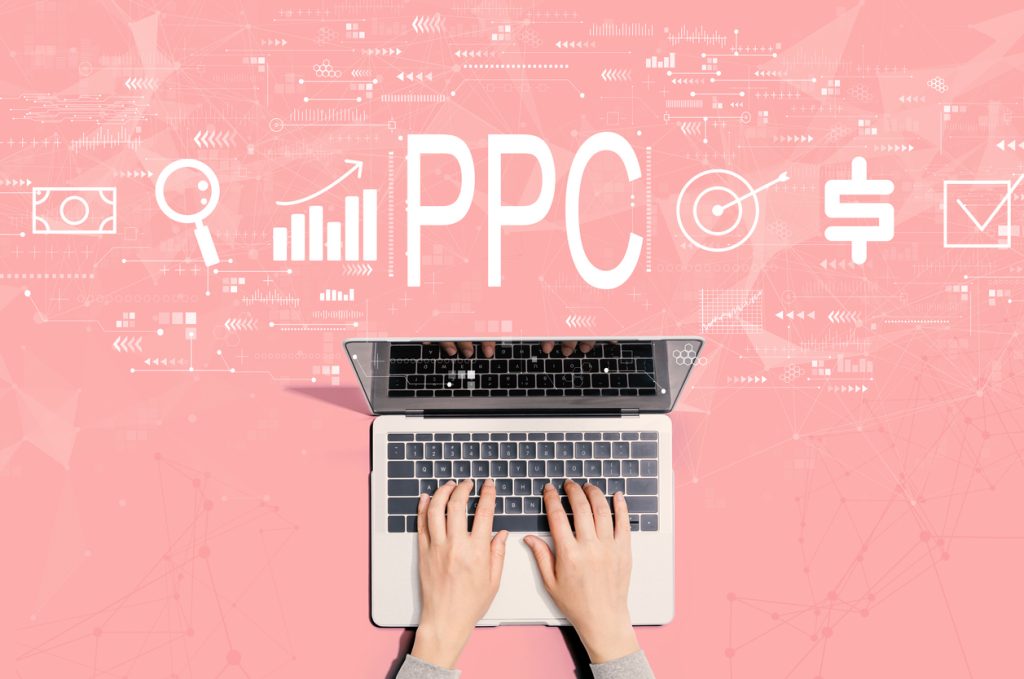
Attribution is a method of analysing digital marketing performance, using several models that help credit conversions and sales to specific marketing channels. This data is vital when running a business with an online presence, as it gives you a clear view of your customers’ buying journey – leading to better-informed decision-making.
Last-click attribution (LCA) is a model that’s been used for many years. However, relying just on LCA is tricky, as it comes with a few drawbacks.
What is Last-Click Attribution?
Last-click attribution measures website performance based on the last source that a user engaged with to get to the website. The source could be a PPC (Pay Per Click) ad or an organic listing.
LCA implies that a user interacts with a single source to visit the website or to make a purchase, but in reality, that isn’t the case. Advancements in technology have made it easy to research, compare, and purchase goods and services online, so LCA is outdated in tracking digital performance.
Drawbacks of Last-Click Attribution
If you have an analytics system in place, you can tell where people are coming from when they visit your site. However, in the modern world, people tend to visit your website (and other sources) several times before making a decision.
A potential customer may visit several sites, check out social media and read reviews before committing to a purchase. So, if the ‘last click’ a user makes before visiting your website receives all the credit for a sale or a conversion, it’s not giving the full picture of that user’s journey.
And while you may be able to see if someone followed a paid ad to get to your site or clicked on a link on Google’s SERP page, you won’t necessarily know how that user first found you.
Knowing the keywords, video or social media post or ad that led them to that link is essential to help you improve your marketing campaigns. It can help you better understand what’s converting so you can invest in the channels driving revenue into your business.
To summarise, the pitfalls of last-click attribution include:
- LCA doesn’t show the ‘bigger picture’ of a user’s journey. It just grants credit to the last source used to get to the website or app.
- This misleading data can take marketers – not to mention budget – away from channels performing well, as they aren’t known.
- LCA is an outdated method that means you’re probably making decisions on incorrect data. You’re less likely to maximise your revenue this way.
Alternatives to Last-Click Attribution
There are many different attribution models to choose from as an alternative to LCA. Check out some of them below.
First-Click Attribution
This model gives credit to the first source someone visits or clicks on and takes them to your site.
Imagine you own a gym. Someone finds your company after searching your name and then signs up via your website. Because of the search, the ‘Organic’ channel gets the credit for the sale in Google Analytics.
This information is important, but it doesn’t account for people having to learn your brand name in the first place. Let’s say the person searched for ‘best gyms in Lancaster’, browsed your website and were re-targeted to on Facebook. With your brand fresh in their minds, they then Googled your name, ‘Lancaster Leisure’.
The first key term, ‘best gyms in Lancaster’, receives all the credit for the conversion with a first-click attribution model. This data allows you to attribute revenue to your PPC advertising, as the sign up may not have happened without that advert.
Position-Based Attribution
In this model, the first and last interactions receive the credit – 40% each – with the remaining 20% distributed across other interactions on the user journey.
‘Best gyms in Lancaster’ and ‘Lancaster Leisure’ receive 40% of the credit each, with your Paid Social advert on Facebook receiving the other 20%.
Linear Attribution
The linear attribution model gives equal credit for the sale or conversion to all ad interactions on the user journey. So, in our gym example, all three touchpoints (the search terms and the Facebook ad) would share equal credit between them.
Data-Driven Attribution
This model is likely the ‘best’ one because it distributes credit based on past data. It uses your data to calculate the weight of each interaction across the user journey, so it provides a more accurate model.
However, this is still a new model and requires a minimum of 300 conversions within a month from Google Ads to be useful.
Each keyword gets part of the credit in our gym scenario depending on their contributions to the conversion.
Which attribution model should I Choose?
There’s no right or wrong answer since there’s no ‘perfect’ model – each has benefits and downsides. Choose the right attribution model based on your business model and the products and services you sell.
To ensure you’ve made the right decision, you should first analyse several models until you identify the best fit for your business.
In Conclusion
As a business, it’s up to you to decide what attribution model best suits you. It will depend on lead times and how you want to credit each channel. However, move away from the old-fashioned LCA model, as it doesn’t provide the data you need to market your business effectively.
If you’re looking for someone to help you with your paid search ads, look no further. We’re experts in website analytics and Pay-Per-Click (PPC) management, and our paid search services help you drive high-quality traffic to your website, generating leads and sales.
We’re a digital marketing agency that provides a full range of digital marketing services, and we’re also recognised as Microsoft Advertising Partners and Google Premier Partners.
Contact us today to learn more about how we can help you grow your business; in the meantime, why not check out the performance of your current website with our free audit?

